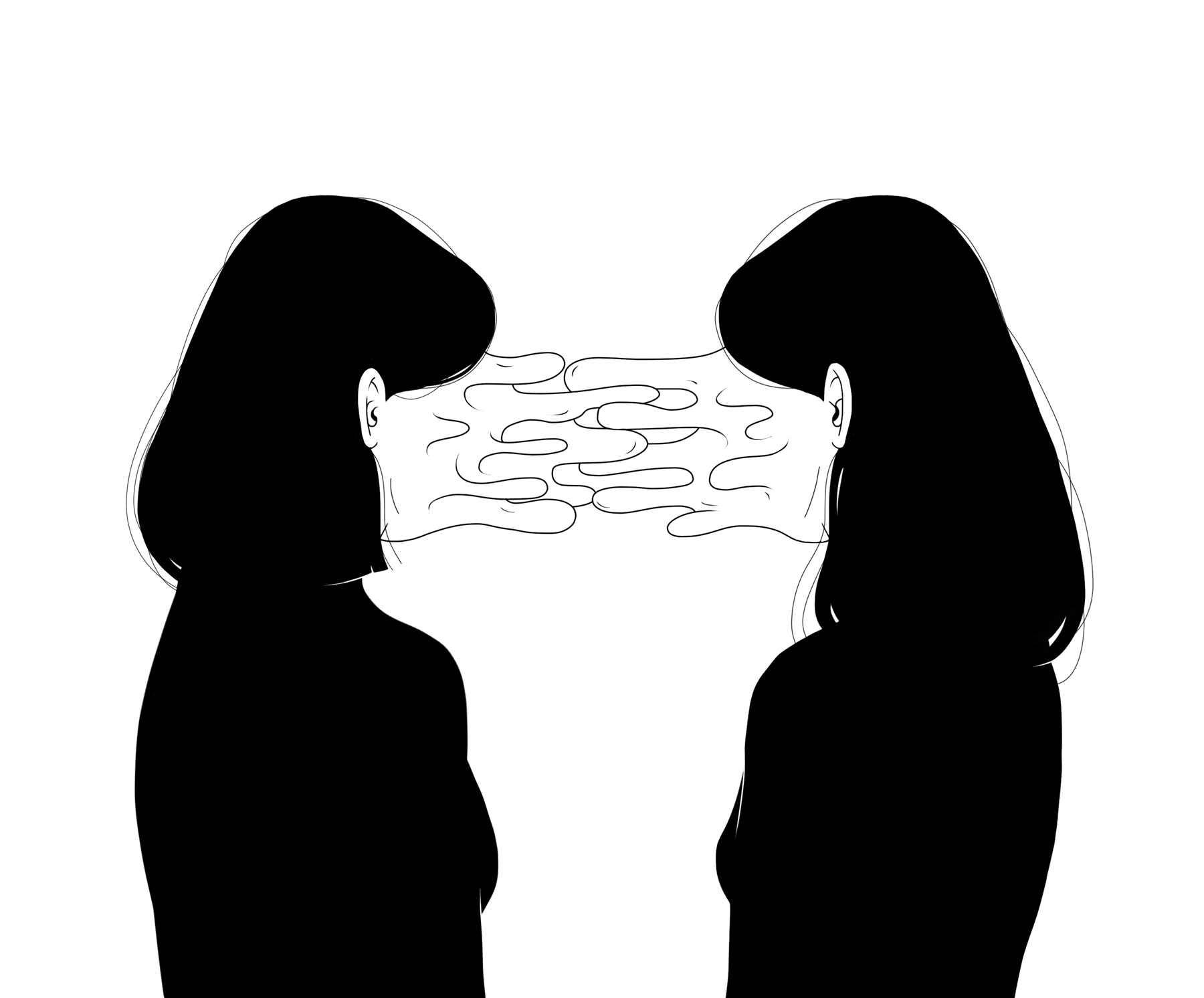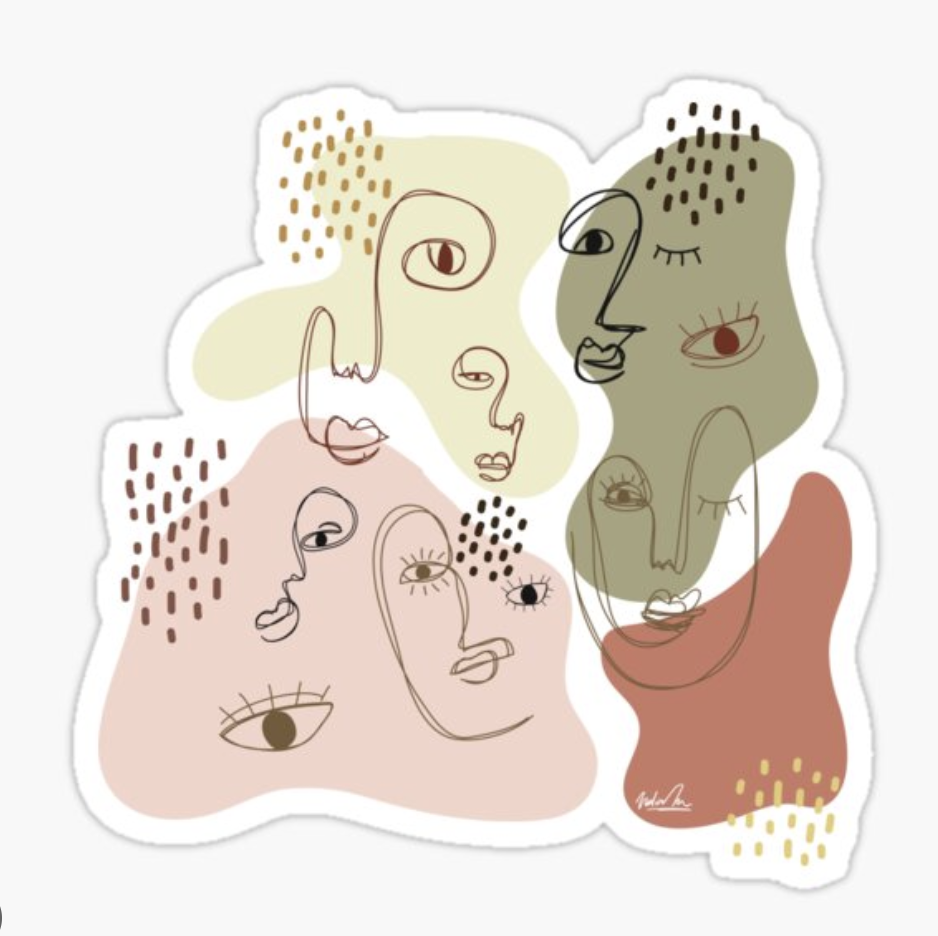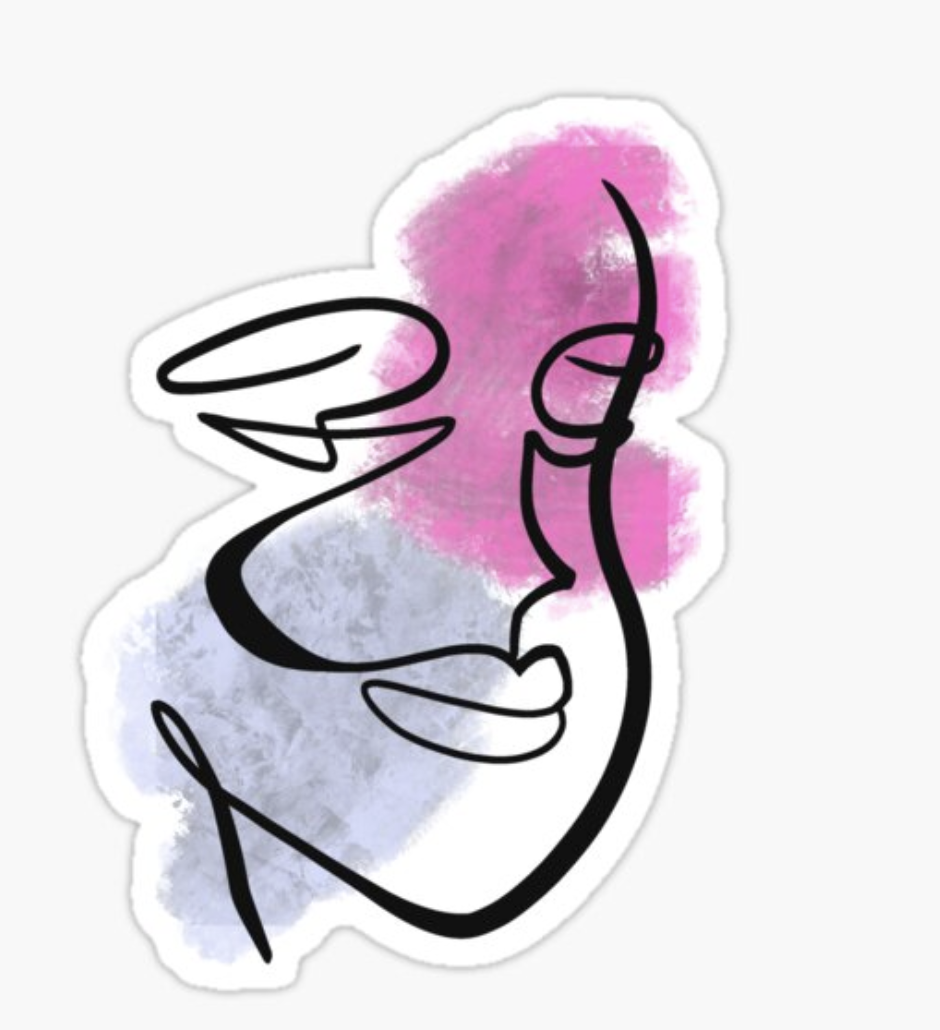Restorative Justice
A Critical Education-Centered Restorative Justice Training

Gaps in empathy, trust, and, respect between professionals and those they deal with in the workspace call attention to the need for more strategic and practical (emphasis on practical!) ways of addressing interpersonal conflict. Restorative justice is an evidence-based practice, commonly used in education and criminal justice contexts, that focuses on bringing individuals with ongoing conflict or tension into direct mediation. Focusing on the seemingly illusory idea of ”closure,” restorative justice forges thoughtful discussions of how people impact one another, with an eye towards recognizing and tending to wounds that have arisen. Drawing from social work in education models, CHUM’s Restorative Justice Training focuses on accountability, healing, and prevention as part of an iterative process; accountability in ”aggressors” acknowledging potential harms that they have created; healing in survivors announcing these harms and aggressors acknowledging them; and prevention in creating mutual understandings on the need to avoid further conflict.
Unlike traditional conflict management “interventions,” restorative justice focuses on establishing truth and reconciliation, and brings in all impacted communities. For example, in the context of a school conflict, a restorative justice intervention may not include just two students who have been in a fight with one another, but a hall monitor and teacher who had to intervene. Along these lines, restorative justice stands in stark contrast to the punitive and often retributive ways that the American judicial system frequently engages with individuals, particularly those who are Black or Latino, leading to further marginalization and often incarceration (i.e., the ”school-to-prison” pipeline).
Not only providing trainees with information on the social, cultural, and psychological dynamics driving conflict, the training provides trainees with the means of developing, implementing, and evaluating modalities such as Peace Rooms and Indigenous-inspired talking circles. Along these lines, CHUM’s Restorative Justice Training focuses on helping trainees establish an institutional foundation for restorative justice to flourish, with scalability and sustainability in mind. Following the training, participants will be given a Restorative Justice Training Certificate and may be eligible for Continuing Education credits.
To aid your passion for implementing restorative justice as an ongoing institutional paradigm, trainees gain access to our ”CHUMMIES,” which is our virtual de-stressing and cultural exchange group. We offer CHUMMIES bi-weekly via Zoom. CHUMMIES are meant to bring together trainees and practitioners to engage in practices of self-care and self-reflection in the realm of cultural responsiveness.
Our restorative justice trainees also get ”tokens,” our cultural humility currency that provides trainees with access to other CHUM resources, such as Anchors. Anchors are confidential one-on-one 30-minute consultation sessions with a CHUM team member to discuss a specific case or issue that you\’re wrestling with professionally or personally.
Who’s this for?
Academics (staff, faculty, and students at educational and research institutions), professionals in nonprofit and community organizations, clinicians, government employees, human resources professionals, and businesses seeking to scale trainings related to Diversity, Equity, Inclusion, and Belonging in their organizations
Availability
In-person; also available via videoconferencing (Zoom, Microsoft Teams, etc.).
Length of Training
We offer this training in durations of 4 hours, 6 hours, 8 hours, 10 hours, 12 hours, 14 hours, and 16 hours. The longer the training, the more extensive and immersive the training is. You also may opt for an optional “refresher” training six months later to help revisit and reinforce key training concepts | “Train the Trainer” also available
Training Cost
To maintain the integrity of our content, we are independently funded and operated based on fees that we receive from our trainees. The cost of the training is dependent on the nonprofit/for-profit status of the individual or organization and the size of their training group (if applicable). Please inquire below when you are ready to begin.
Ready to begin?
Click here to get your Restorative Justice Training started!



